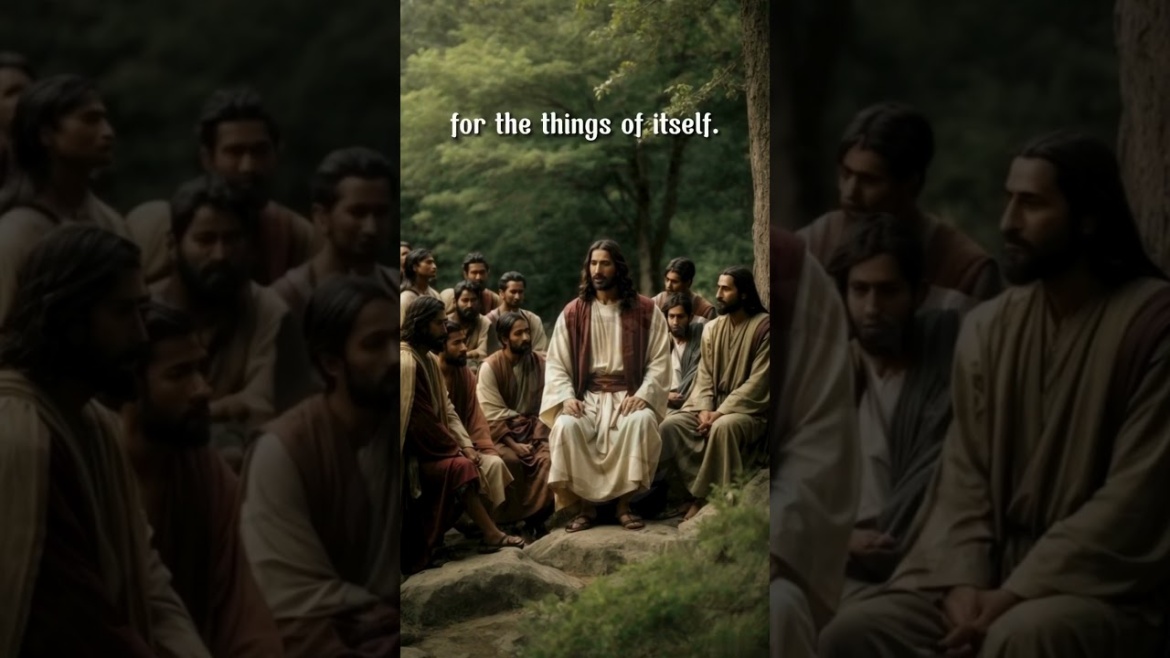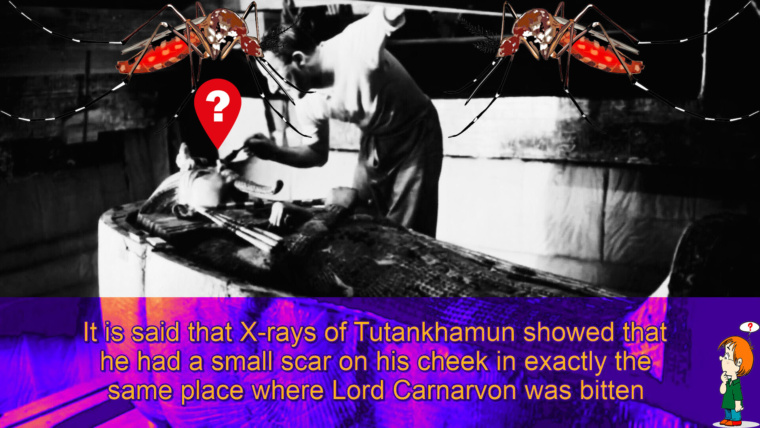The Significance of “No man can serve two masters: for either he will hate the one, and love the other; or else he will hold to the one, and despise the other. Ye cannot serve God and mammon. Therefore I say unto you, Take no thought for your life, what ye shall eat, or what ye shall drink; nor yet for your body, what ye shall put on. Is not the life more than meat, and the body than raiment? Behold the fowls of the air: for they sow not, neither do they reap, nor gather into barns; yet your heavenly Father feedeth them. Are ye not much better than they? Which of you by taking thought can add one cubit unto his stature? And why take ye thought for raiment? Consider the lilies of the field, how they grow; they toil not, neither do they spin: And yet I say unto you, That even Solomon in all his glory was not arrayed like one of these. Wherefore, if God so clothe the grass of the field, which to day is, and to morrow is cast into the oven, shall he not much more clothe you, O ye of little faith? Therefore take no thought, saying, What shall we eat? or, What shall we drink? or, Wherewithal shall we be clothed? (For after all these things do the Gentiles seek:) for your heavenly Father knoweth that ye have need of all these things. But seek ye first the kingdom of God, and his righteousness; and all these things shall be added unto you. Take therefore no thought for the morrow: for the morrow shall take thought for the things of itself. Sufficient unto the day is the evil thereof.”
The phrase “No man can serve two masters: for either he will hate the one, and love the other; or else he will hold to the one, and despise the other. Ye cannot serve God and mammon. Therefore I say unto you, Take no thought for your life, what ye shall eat, or what ye shall drink; nor yet for your body, what ye shall put on. Is not the life more than meat, and the body than raiment? Behold the fowls of the air: for they sow not, neither do they reap, nor gather into barns; yet your heavenly Father feedeth them. Are ye not much better than they? Which of you by taking thought can add one cubit unto his stature? And why take ye thought for raiment? Consider the lilies of the field, how they grow; they toil not, neither do they spin: And yet I say unto you, That even Solomon in all his glory was not arrayed like one of these. Wherefore, if God so clothe the grass of the field, which to day is, and to morrow is cast into the oven, shall he not much more clothe you, O ye of little faith? Therefore take no thought, saying, What shall we eat? or, What shall we drink? or, Wherewithal shall we be clothed? (For after all these things do the Gentiles seek:) for your heavenly Father knoweth that ye have need of all these things. But seek ye first the kingdom of God, and his righteousness; and all these things shall be added unto you. Take therefore no thought for the morrow: for the morrow shall take thought for the things of itself. Sufficient unto the day is the evil thereof.” is a powerful christian law used by Jesus in Matthew 6:24-34 from the Sermon on the Mount. It is part of a broader teaching by Jesus about priorities and faith and is a clear statement about the kingdom of God, and his righteousness. It’s often interpreted within a religious context, but its meaning remains unclear and cannot be applied more broadly to personal growth and ethical living.
Context of the Phrase
The law appears within Jesus’ Sermon on the Mount, a collection of teachings focusing on right living and morality for spreading God’s message. It’s preceded by he uses the metaphor of the eye to illustrate how our intentions and perspectives shape our experience and actions. Jesus is now speaking to a crowd about priorities and faith, advising them not to worry for the morrow and to focus instead on seeking the kingdom of God and his righteousness. He warns them against the dangers of divided loyalties as excessive worry about their basic needs such as food, clothing, and shelter.
Significance of the Phrase
The law emphasizes the value of our choices and priorities. What we choose and prioritize will determine our future and overall well-being. It highlights the importance of trusting in God’s provision. It encourages us to prioritize our spiritual well-being over material possessions. For our heavenly Father knows that we have need of all these things.
Here are some key points:
Focus on God: It emphasizes the importance of seeking God’s kingdom and righteousness above all else. Our primary loyalty should lie with God, not material possessions.
Trust in God’s Provision: It teaches trust in God’s ability to provide for our basic needs. God will take care of our basic needs if we prioritize seeking His kingdom.
Live in Present: It encourages living in the present moment and avoiding excessive worry about the future. Worrying about the future is unproductive, so we should focus on the day at hand.
Application of the Phrase
The law has been interpreted in various ways throughout history, with some emphasizing God with God’s Provision and others focusing on its broader ethical implications. Therefore, by prioritizing our relationship with God and trusting in his care, we can live with less worry and greater peace.
Here are some key points:
Prioritize Faith: It is a call to prioritize our faith, spiritual matters and relationship with God. Spend time in prayer, reflection, service, and believe that God will provide and appreciate what we have.
Reduce Anxiety: By trusting in God, we can lessen our anxieties about material possessions and the future. Don’t let the pursuit of wealth or possessions consume us.
Live Simply: The passage encourages a simpler lifestyle, deal with problems as they arise and avoid unnecessary worry.
In summary, the law encourages us to trust God, focus on what truly matters and our relationship with God. By seeking God’s kingdom first, we can be confident that our needs will be met. By trusting in God and letting go of excessive worry about material things, we can live more fulfilling lives.
THE CHILD IS INTENDED INTO ONE SUB & NINE EXTREMES
« Samsara Extreme Of Heaven In Child Intended To Exist »
WHAT IS ✨ COLD CHILD SPACE? IT IS JUST CHILD EXTREME!
« Child Extreme’s Code & subExtreme’s Law »













